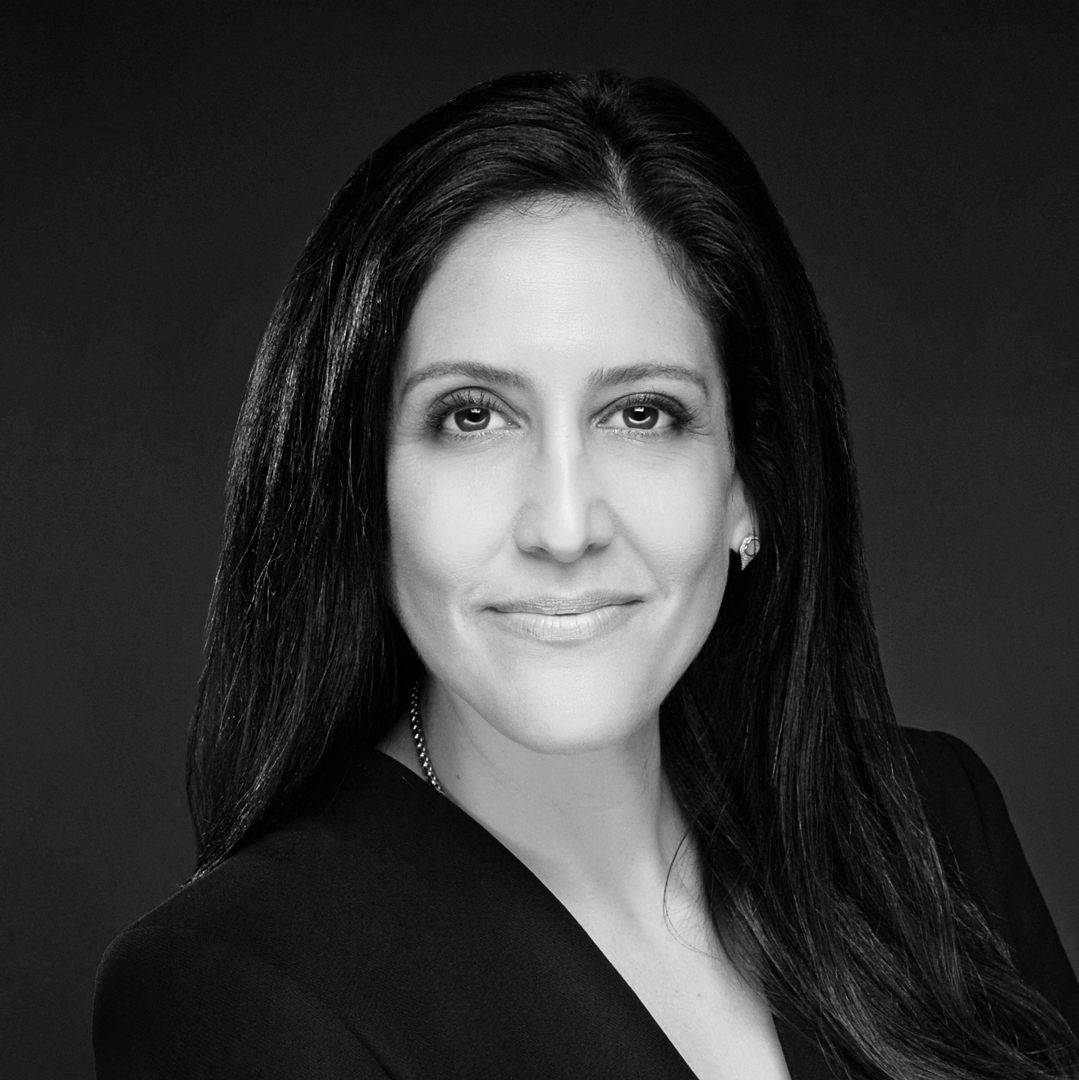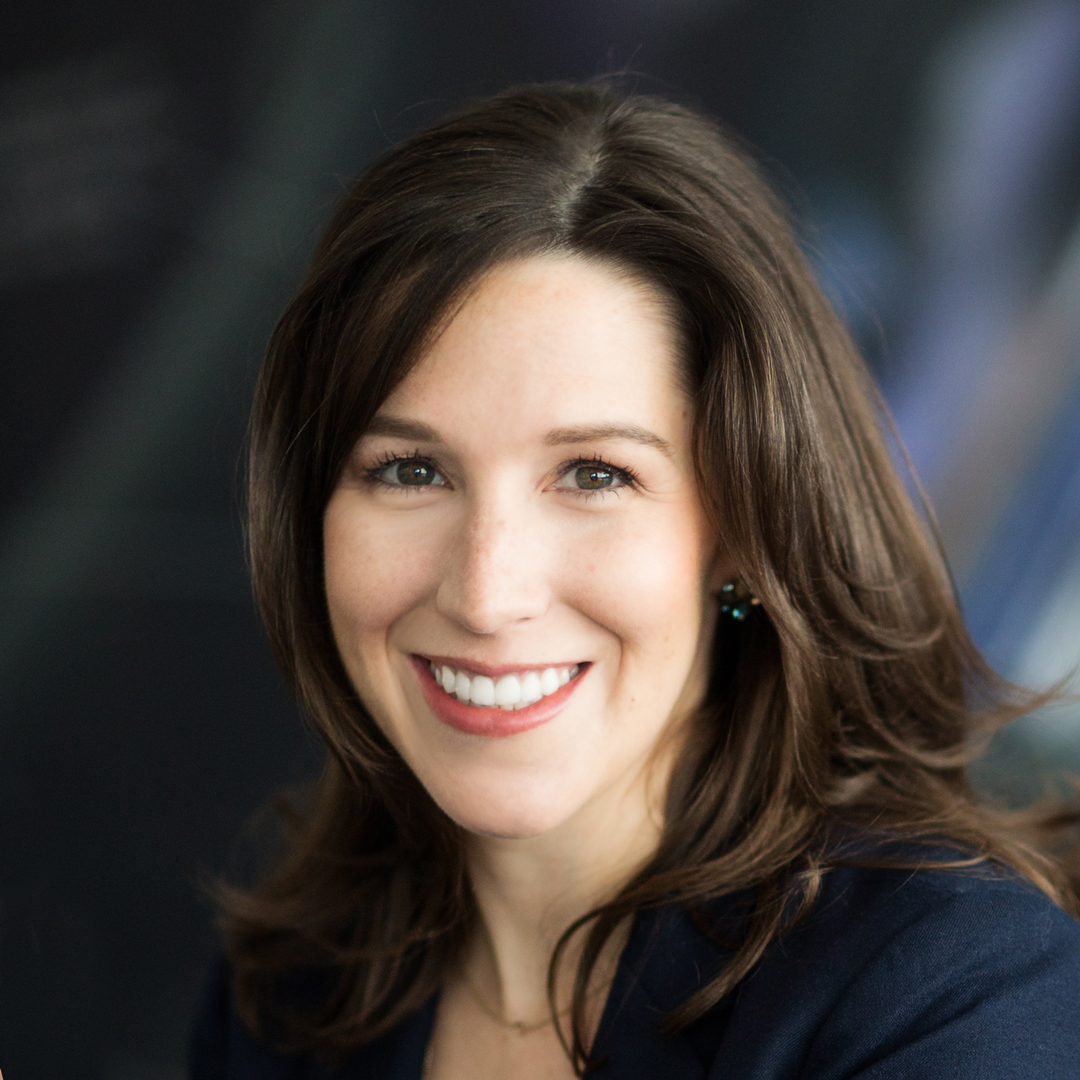Last year marked a new record for inclusion in the business world: more than six hundred employers earned a perfect 100 percent score on the Human Rights Campaign (HRC) Foundation’s annual Corporate Equality Index, setting the precedent for today’s LGBT-friendly workplace higher than ever before across industries and the world. One such employer, ranked by the HRC as a “Best Place to Work for LGBT Equality” for the tenth consecutive year, is the global distillery giant, Diageo, where Timothy Chow serves as general counsel for the company’s Latin American and Caribbean and global duty free businesses, as well as global sales and global compliance.
For Chow, the mission of inclusion is personal. The son of a Chinese father—a surgeon—who emigrated from Taiwan to the United States in the late 1960s and an American mother of Dutch-English descent, Chow grew up in a small, rural town in Michigan.
“I was one of those kids who never knew which box to tick when they asked for your racial background because ‘other’ wasn’t an option,” Chow says. “We were the minority, but growing up in a small town gave me a really strong sense of community, and I could see the impact my parents had on people’s lives as respected members of that community. That stuck with me.”
Chow has contributed to Diageo’s regulatory solutions and cultural journey firsthand. He arrived at Diageo in London in 2004 as a corporate finance lawyer who went on to fill various head office roles before moving to his current role in Latin America in 2013. He was one of the first to complete Diageo’s Leadership Performance Program, then served on the faculty to coach others. Last year, the annual Global Counsel Awards recognized Chow as one of the best in-house lawyers worldwide in 2018. Today Chow supports the business while also helping Diageo lead a movement across the business world.
Read more of Profile’s Top 50 articles.
“In Latin America, we have increasingly looked to attract local talent to fill roles there, for example,” Chow says. “Historically, there would have been a lot more people from a European or North American background. We’re recognizing that if we truly want to be a global company that is interacting with consumers, then our employee base has to represent our consumers, and it’s a win-win to create opportunities for people from diverse backgrounds across the company.”
Representation also fuels the steps taken by HRC employers of choice like Diageo to ensure millions of LGBT workers across the United States are covered under nondiscrimination policies. Chow adds that true inclusivity goes beyond what’s outlined on paper to promote a more expansive cultural attitude of acceptance. Diageo has purposefully cultivated such a culture so all 30,000-plus employees feel empowered to bring their authentic selves to work every day, beyond the London headquarters to each of the 80 countries with Diageo offices.
The alcoholic beverages company’s reach extends even further, selling products in 180 markets that comprise such iconic brands as Smirnoff vodka, Johnnie Walker whisky, Baileys liqueur, and Guinness beer, among others. With that scope comes a global influence, and Diageo has been an early and active supporter of equal rights. In recent years, the multinational company has appeared on numerous “Best Places to Work” lists for women, new fathers, diverse managers, and the LGBT community.
“We have terrific gender diversity in our legal team,” Chow says. “The legal team interacts with many parts of the business, so we are representative leaders in that sense.”
In 2017, Smirnoff donated $1 per bottle of its limited edition “Love Wins” packaging to the HRC, and last year, Diageo North America president Deirdre Mahlan pledged to follow the CEO Action for Diversity and Inclusion initiative. In April of last year, Diageo also announced its partnership with the Open for Business coalition, a worldwide corporate alliance promoting LGBT rights as a key driver of economic success. These moves mark the multibillion-dollar organization’s continuous commitment to diversity as a crucial enabler of its own business growth around the world. Thomson Reuters recognized these efforts last September, when it ranked Diageo as the fourth most diverse workplace globally.
“The heart of diversity and inclusion is authenticity,” Chow says. “It’s about bringing your best self to work and applying that with skill in order to achieve your objectives. Also, consumers want to see their lives reflected in the brands they buy, so we’re not recognizing our consumers if we’re not reflecting their diversity.”
Tapping a variety of perspectives from diverse talent is key to Diageo’s value strategy, and it’s one of the reasons why Chow felt inspired to come aboard fourteen years ago. “Almost every aspect of my life has had an international aspect to it,” he says. “The idea was really liberating that I might have some unique perspective that could change the work.”
He launched his legal career at the London office of international law firm Sullivan &Cromwell LLP. Prior, while earning a bachelor’s degree in Italian literature at Dartmouth College and a juris doctor at the University of Pennsylvania, Chow took many opportunities to study and work abroad in Asia and Italy.
“When we talk about diversity, we often can talk about categories of people, but what we’re really trying to get to is that unique combination of skills, talent, and background that everyone has,” Chow says. “My thinking was molded by that, and it’s where I try to lead from now.”
He turned the idea of change into action at Diageo by helping to build focus groups for LGBT employees. The Rainbow Network, Diageo’s mobilized employee group, increases the visibility of LGBT issues while promoting community-support initiatives amid various cultural contexts within the multinational organization. In 2017, Diageo fully backed The Rainbow Network’s first Inclusion Week, branded as INC., which featured events, debates, and TED-style talks addressing unconscious bias, disability confidence, LGBT employees working in hostile countries, support of trans employees, the power of allies, and more.
“When I started, the group was already really strong in North America, but there was a need and a desire to do more,” Chow says. “In London, I was probably the most senior, openly gay leader. So frankly, I thought of it as a responsibility. Up until that point I didn’t consider myself an activist, but it was clear to me that there were people who felt they needed a voice, and Diageo was really receptive to people starting these conversations.” The network in Europe has spread to Amsterdam, Brussels, Budapest, and Scotland, with the goal of worldwide impact.
From 2013 to 2016, Chow also served as board president of New York City’s Lesbian, Gay, Bisexual and Transgender Community Center, and he continues to support the organization as a member of the board of directors. He also helped facilitate Diageo’s corporate sponsorship of The Center, which hosts more than fifteen thousand events and activities each year to support local LGBT communities with health and wellness programs; arts and cultural events; parenthood; family support services, and more. About six thousand people visit The Center per week, Chow adds.
“Diageo gave me the opportunity to explore LGBT+ advocacy within the context of the company,” Chow says. “I’m grateful for the skills it has given me, and if you have the platform, I believe you need to step up and use it.”
Photo: Spencer Cockell


